July 19, 2024
Food items to eat during the Shravan fast
CM Content Team


View all
140+
Resorts
July 19, 2024
CM Content Team
Shravan, the fifth month of the Hindu calendar, is a highly auspicious time dedicated to Lord Shiva. This sacred period is marked by devotees observing the Shravan fast, a time for spiritual reflection and purification. Fasting during Shravan is a form of devotion and an opportunity to embrace a disciplined lifestyle and consume nourishing, sattvic food.
The Shravan fast involves a variety of delicious and nutritious food items that are both fulfilling and spiritually significant. Shravan food typically includes fruits, dairy products, and specific grains, all prepared in a way that adheres to fasting guidelines. These foods help maintain energy levels and promote well-being while adhering to the principles of the fast.
By embracing these wholesome and sattvic foods, devotees can sustain their energy levels while observing the Shravan fast, maintaining both physical health and spiritual well-being.
Here is a list of some of the foods to consider for the sacred Shravan fast:
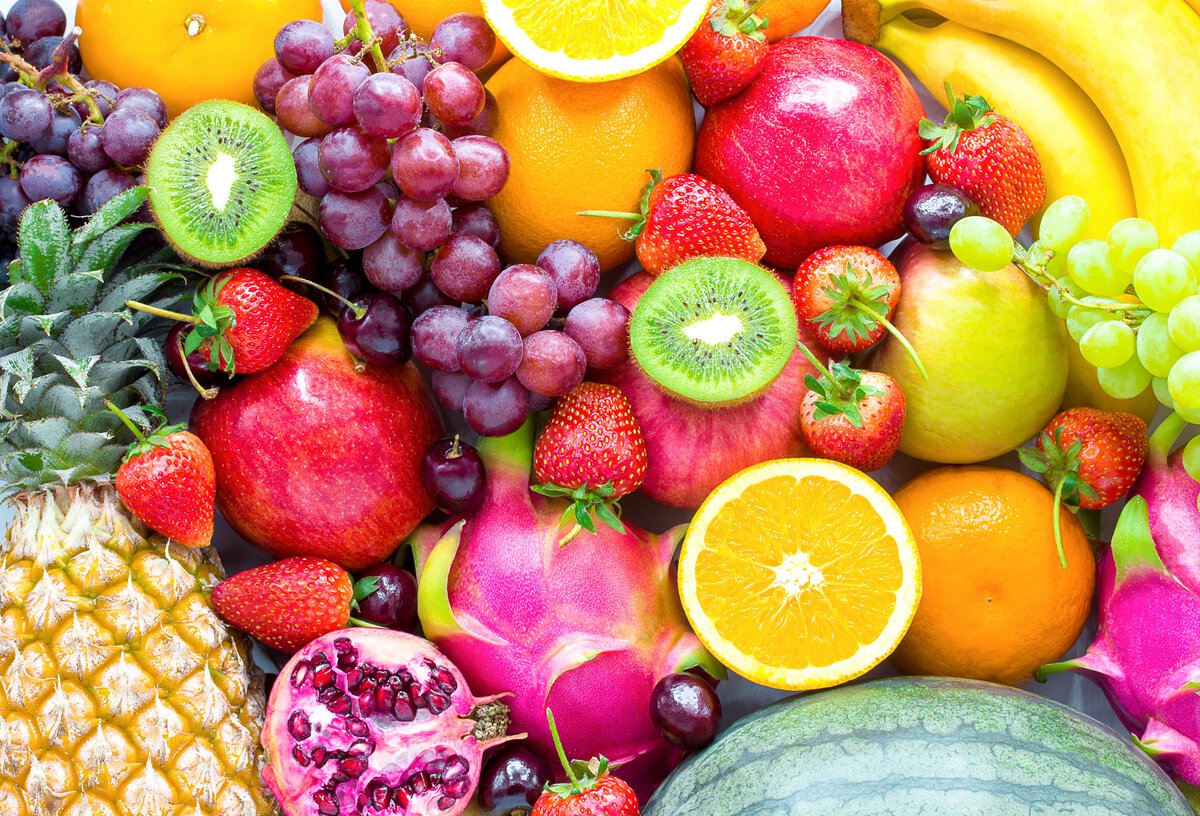
Fresh fruits are an essential part of the Shravan fast, offering a natural and nutritious way to sustain energy and maintain well-being. During the sacred month of Shravan, devotees consume fresh fruits to adhere to the sattvic diet, which emphasizes purity and simplicity. These fruits provide essential vitamins, minerals, and hydration, making them a perfect choice for those observing the Shravan fast. Incorporating a variety of fresh fruits into your diet during this period ensures you stay nourished and energized while honouring the spiritual significance of the fast.

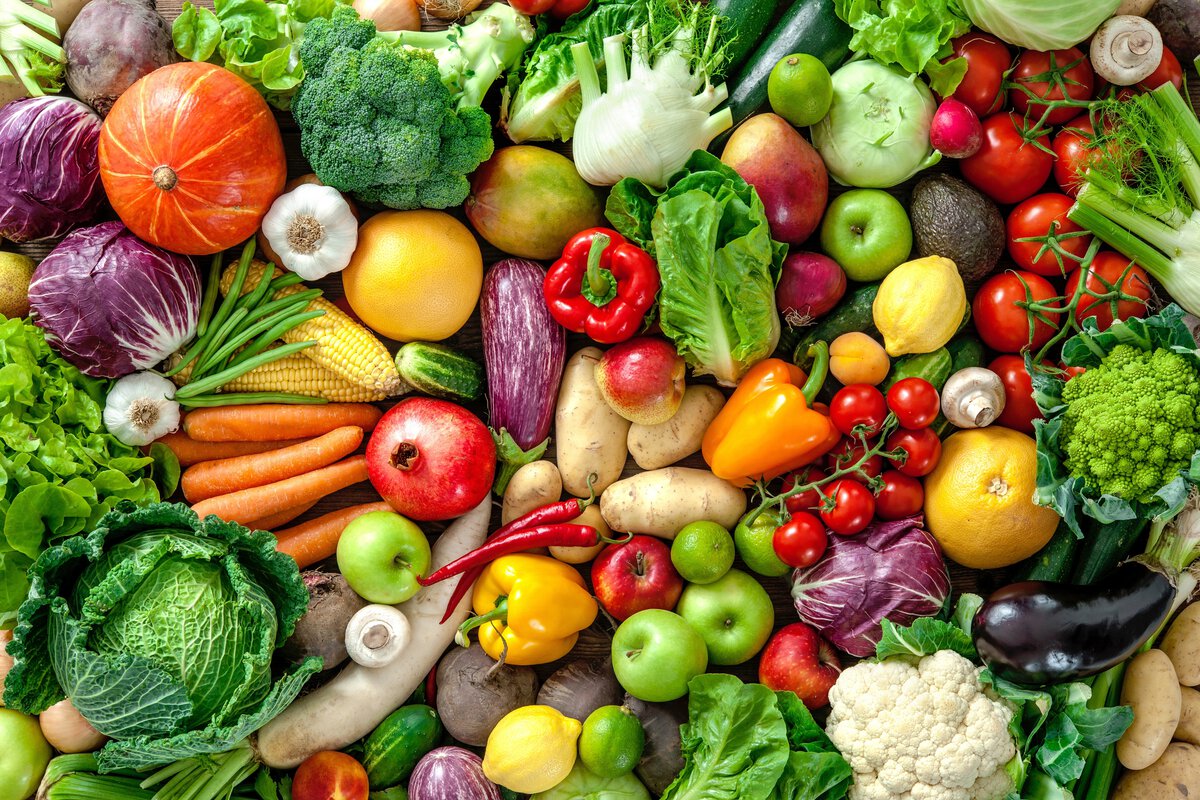
Vegetables are a vital component of the fasting food for Shravan month, offering both nutrition and variety to the sattvic diet. Root vegetables such as potatoes, sweet potatoes, and carrots are commonly included, as they provide essential energy and nutrients. Other permissible vegetables like cucumbers, bottle gourd, and pumpkin are also favoured for their hydrating and nourishing properties. These vegetables are prepared simply and without onions or garlic to adhere to the fasting guidelines, ensuring a wholesome and spiritually appropriate diet during the Shravan fast.
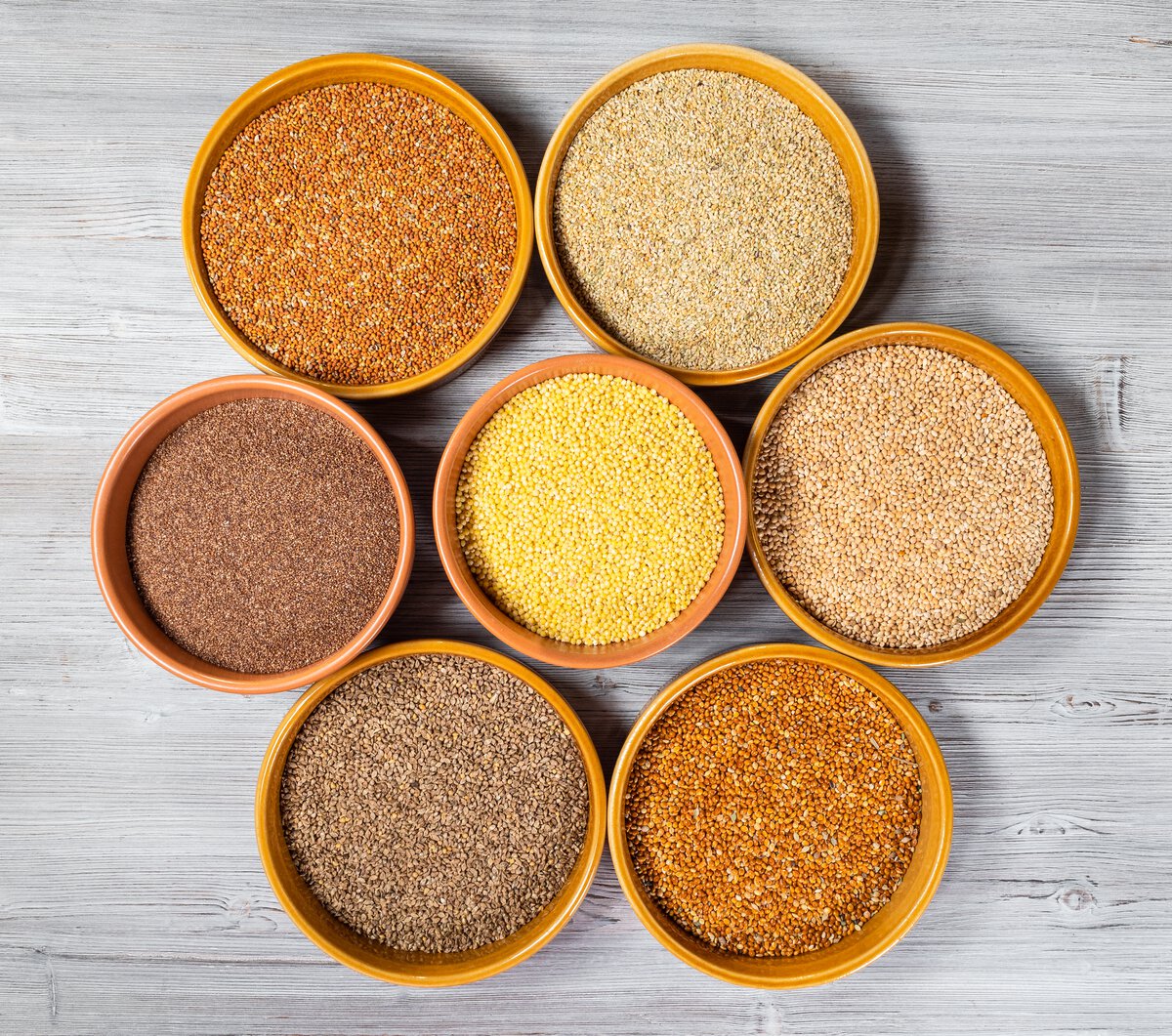
Whole grains are an integral part of fasting during Shravan month, providing essential nourishment and energy during the fast. While traditional grains like wheat and rice are often avoided, alternatives such as buckwheat (kuttu), amaranth (rajgira), and barnyard millet (samak) are embraced. These grains are not only nutritious but also versatile, allowing for a variety of delicious and satisfying meals. Whole grains are typically used to prepare fasting-friendly dishes that align with the principles of Shravan fasting food, ensuring devotees can maintain their strength and well-being throughout this sacred month.
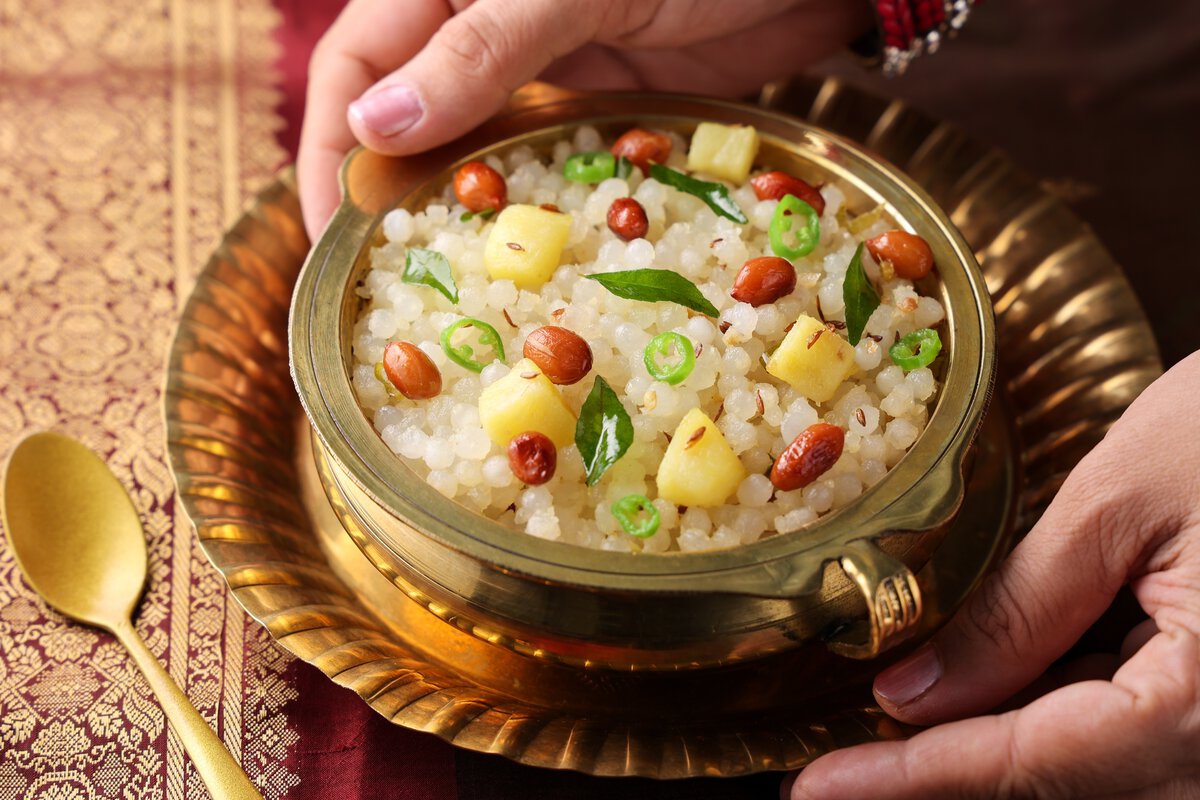
Sabudana, also known as tapioca pearls, is a popular food to eat during Shravan Somvar Vrat. It is a staple in many fasting diets due to its light, easily digestible nature and high energy content. Sabudana is typically prepared in various forms such as khichdi or vadas, often combined with peanuts and mild spices to enhance flavour while adhering to fasting guidelines. This versatile ingredient provides a satisfying and nutritious option, helping devotees maintain their energy levels during the sacred Shravan fast.
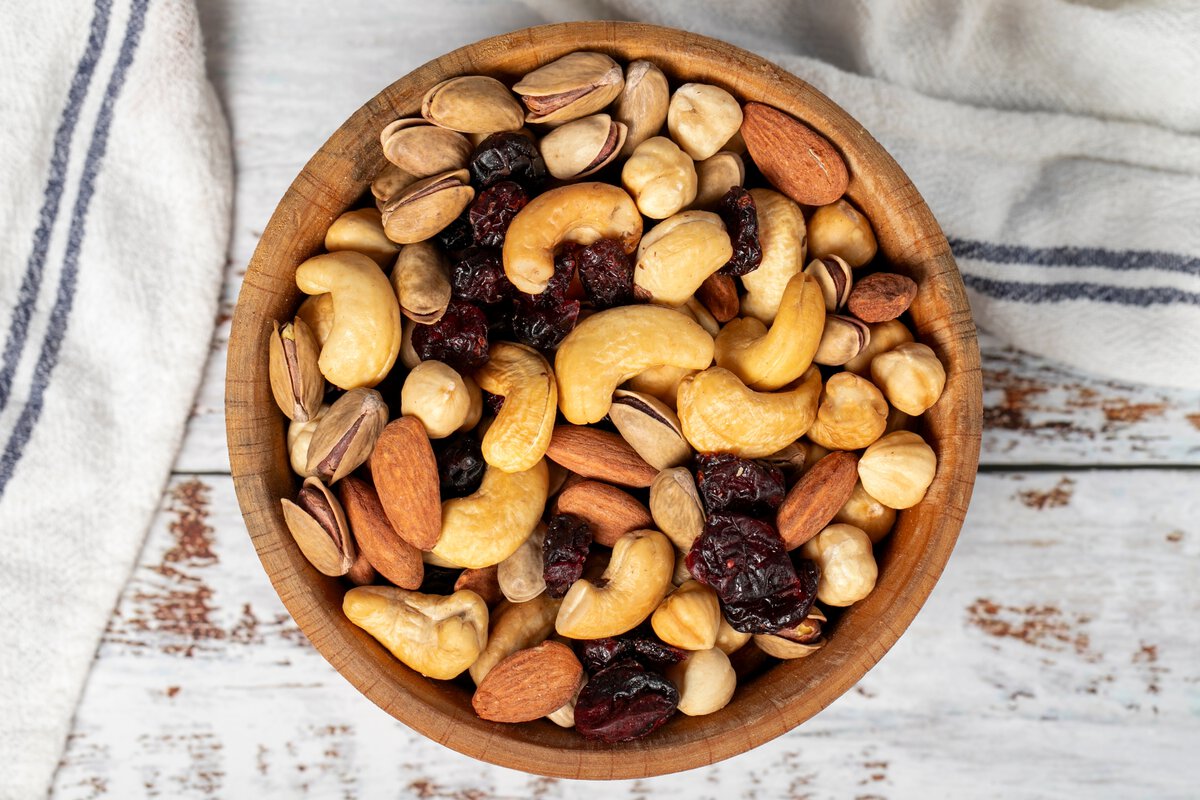
Dry fruits and seeds are excellent choices for the Shravan fast, providing a nutritious and convenient snack option. Rich in essential nutrients like vitamins, minerals, and healthy fats, they help sustain energy levels throughout the day. Commonly consumed dry fruits include almonds, cashews, raisins, and walnuts, while popular seeds include pumpkin, sunflower, and flax seeds. These nutrient-dense foods are an important part of Shravan food, offering a quick and easy way to stay nourished and energized while observing the fast.
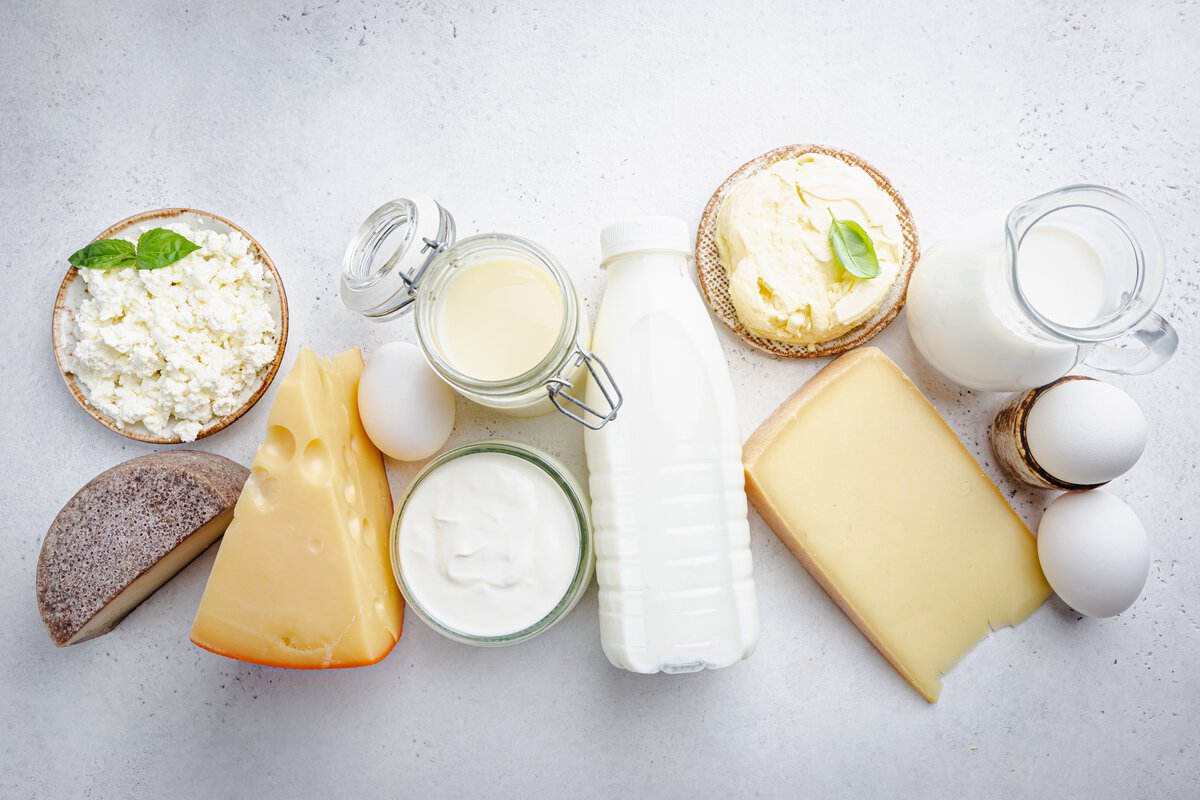
Dairy products are a key component of the Shravan fast, offering a rich source of nutrition and sustenance. Foods such as milk, yogurt, paneer, and ghee are commonly included in Shravan food, providing essential proteins, calcium, and healthy fats. These items not only help maintain energy levels but also keep you feeling full and satisfied. Incorporating dairy products into your diet during the Shravan fast ensures you get the necessary nutrients while adhering to the fasting guidelines, making it an integral part of fasting food for Shravan month.
During the sacred month of Shravan, certain foods are avoided to maintain the sanctity and discipline of the fast. These dietary restrictions help devotees adhere to a sattvic lifestyle, promoting purity and spiritual well-being.
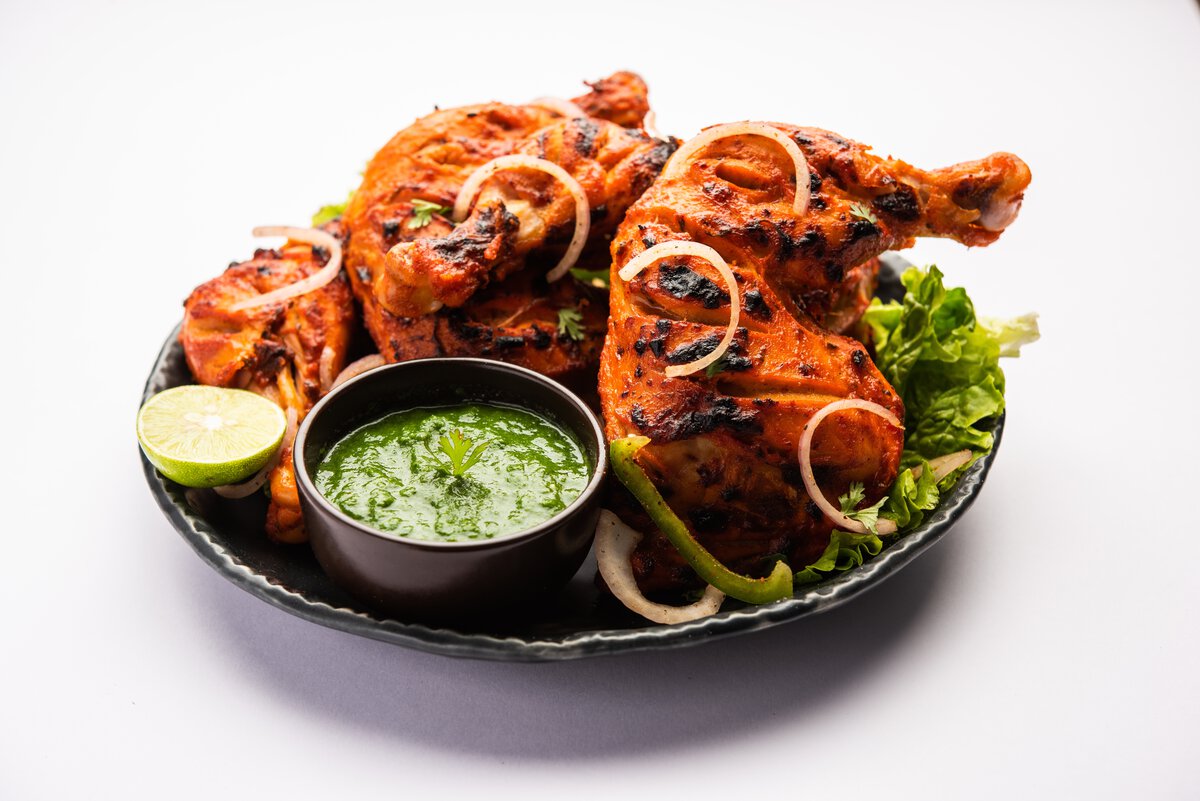
Non-vegetarian food is strictly avoided during Shravan month as part of maintaining the sanctity and discipline of the fast. Devotees abstain from meat, fish, and eggs, focusing instead on a vegetarian diet that aligns with the principles of purity and spiritual well-being.
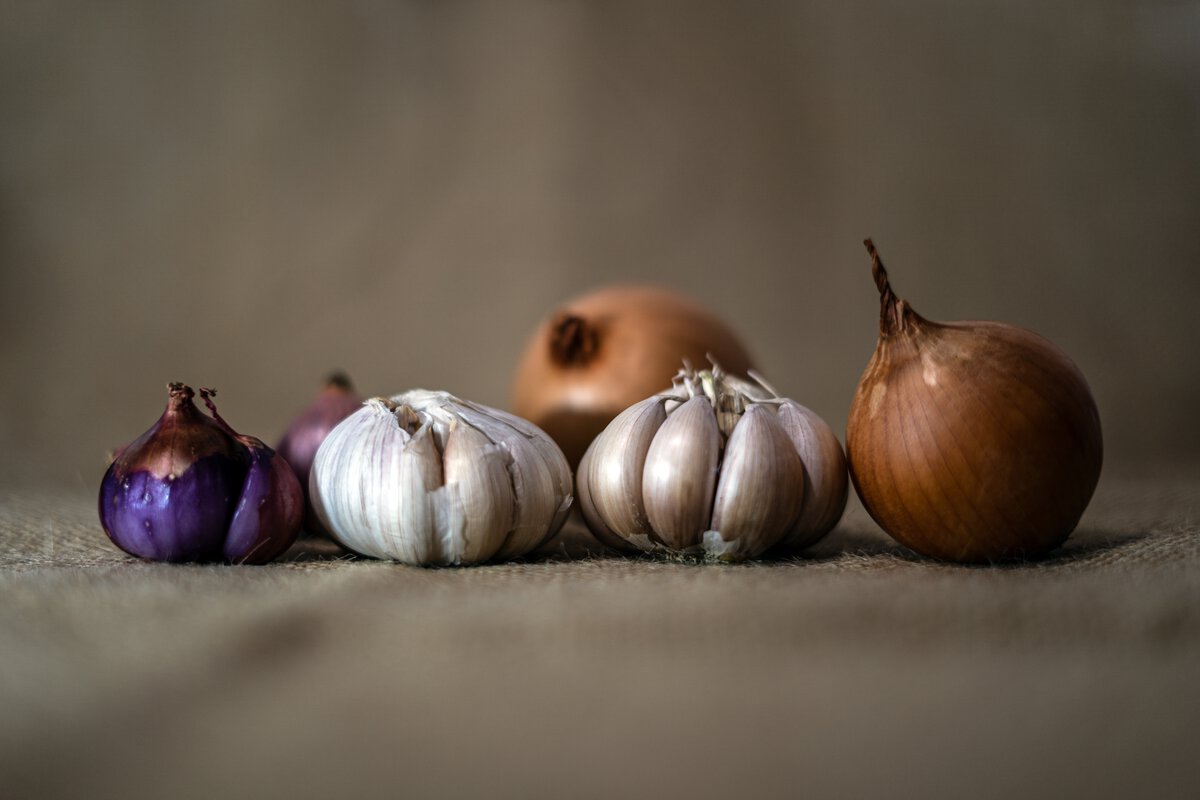
During Shravan month, onions and garlic are avoided as they are considered rajasic and tamasic foods, which can disturb the balance of mind and body. Devotees focus on a sattvic diet, which promotes purity, calmness, and spiritual well-being, by excluding these ingredients from their meals.
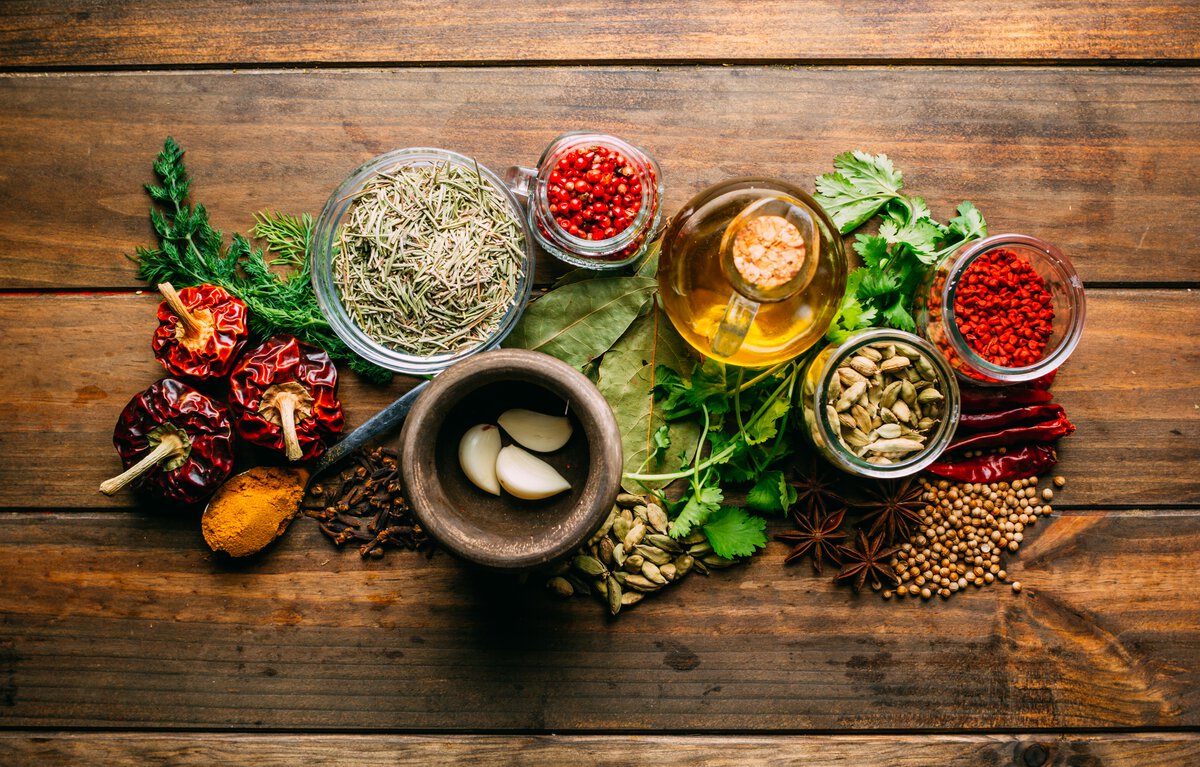
During Shravan month, it is advised to avoid using too much oil and spices in your food. These ingredients can be heavy and overstimulating, detracting from the sattvic qualities of simplicity and purity that are emphasized during the fast. Instead, meals are prepared with minimal oil and mild spices to maintain a balanced and harmonious diet.

During Shravan, alcohol is strictly avoided as it is considered impure and can disrupt the spiritual discipline of the fast. Abstaining from alcohol during Shravan month helps devotees maintain a clear mind and focus on their spiritual practices, aligning with the principles of purity and self-restraint emphasized during this sacred period.
To maintain health and energy during the Shravan fast, it's important to choose foods that are both nutritious and adhere to fasting guidelines. Here’s a balanced meal plan to help you through the day:
Observing the Shravan fast requires selecting the right Shravan food to maintain health and energy. Fresh fruits, vegetables, whole grains, sabudana, dry fruits, seeds, and dairy products are ideal fasting foods for Shravan month, upholding principles of purity and simplicity. Whether preparing food for Shravan Somvar Vrat or other fasting days, this balanced approach supports both spiritual and physical well-being throughout this sacred month.
During the Shravan fast, indulge in nutritious food items that nourish the body and spirit. For a delightful experience, visit Club Mahindra Restaurants, where you can savour expertly crafted dishes designed to complement your fasting journey, allowing you to enjoy traditional flavours in a serene and inviting atmosphere.
Mahindra Holidays & Resorts India Ltd. (MHRIL), a part of Leisure and Hospitality sector of the Mahindra Group, offers quality family holidays primarily through vacation ownership memberships and brings to the industry values such as reliability, trust and customer satisfaction. Started in 1996, the company's flagship brand ‘Club Mahindra’, today has over 300,000 members , who can holiday at 140+ resorts in India and abroad.
We use cookies to personalise content and to provide you with an improved user experience.By Continuing to browse this site you consent to the use of cookies.Please visit our cookie policy for further details.

Welcome to ClubMahindra.com In order to provide a personalised experience for you, we use cookies to enable some website functionality. Cookies help us see which articles most interest you; allow you to easily share articles on social media channels; permit us to deliver content personalised to your interests and locations; along with many other site benefits. For more information, please review our Cookie Policy
When you visit any website, it may store or retrieve information on your browser, mostly in the form of cookies. This information might be about you, your preferences or your device and is mostly used to make the site work as you expect it to. The information does not usually directly identify you, but it can give you a more personalized web experience. Because we respect your right to privacy, you can choose not to allow some types of cookies. Click on the different category headings to find out more and change our default settings. However, blocking some types of cookies may impact your experience of the site and the services we are able to offer.
Because we respect your right to privacy, you can choose not to allow some types of cookies and you have the right to withdraw your consent by send a mail to email id [email protected]
These cookies are essential in order to enable you to move around the site and use its features, such as accessing secure areas of the site. Without these cookies, services you have asked for cannot be provided.
These cookies allow us to employ data analytics so we can measure and improve the performance of our site and provide more relevant content to you. These cookies don't collect information that identifies a visitor down to an individual level that is available to us. These cookies are not passing personally identifiable information to any external third party other than in limited cases when we engage a service provider to act on our behalf but who is then unable to use the data for their own purposes.
Performance cookies are generally third-party cookies from vendors we work with or who work on our behalf that collect information about your visit and use of the Club Mahindra website, for instance which pages you visit the most often, and if you get error messages from web pages. These cookies don't collect information that identifies a visitor. All information these cookies collect is anonymous and is only used to improve your overall experience on how the website works. Third party vendors may have access to this data and may use it to improve their overall services and offerings.
Functionality cookies allow a site to remember choices you make (such as your user name, language or the region you are in) and provide more enhanced, personal features. These cookies cannot track your browsing activity on other websites. They don't gather any information about you that could be used for advertising or remembering where you've been on the Internet outside our site.
Third-party advertising and social media cookies are used to (1) deliver advertisements more relevant to you and your interests; (2) limit the number of times you see an advertisement; (3) help measure the effectiveness of the advertising campaign; and (4) understand people's behaviour after they view an advertisement. They are usually placed on behalf of advertising networks with the site operator's permission. They remember that you have visited a site and quite often they will be linked to site functionality provided by the other organization. This may impact the content and messages you see on other websites you visit. If you do not allow these cookies you may not be able to use or see certain these sharing tools content on our website.